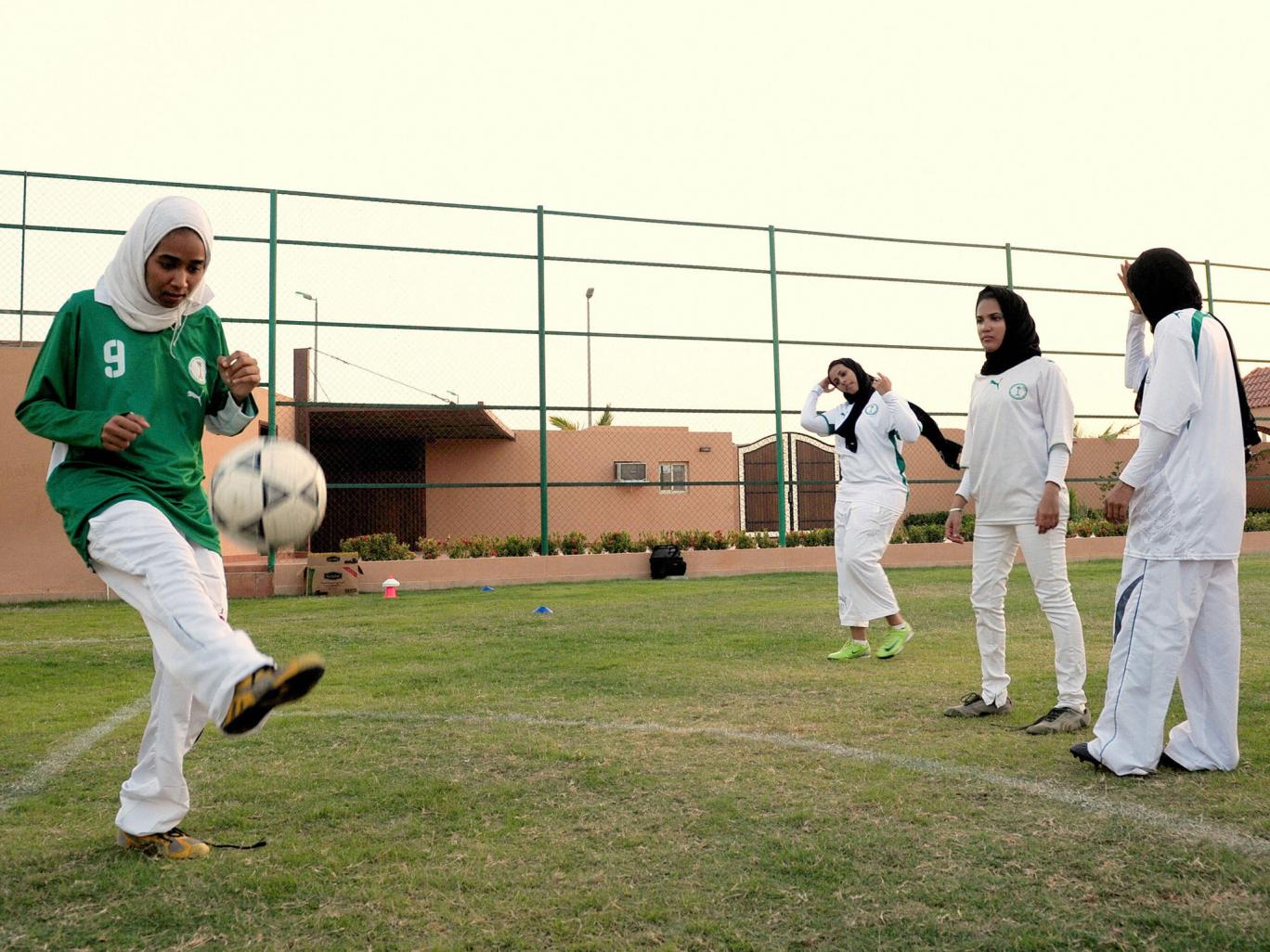On Tuesday 11 July, the Saudi Ministry of Education (MoE) announced that schools will provide physical education classes to girls for the first time in the kingdom’s history. This development marks a rare, if slight loosening of the restrictions placed on women in one of the world’s most restrictive societies.
The decision is part of the Saudi government’s Vision 2030 plan which seeks to diversify the Saudi economy and promote better standards of living to citizens. Allowing girls to participate in physical education classes is part of an initiative to reach one of the Vision goals: to raise the percentage of Saudis exercising at least once per week from 13 percent to 40 percent.
The MoE will begin the program at the start of the next academic year. While, it did not elaborate on what type of programs would be offered, it assured Saudis that the program would be implemented gradually and with total adherence to sharia law.
There will be several potential challenges to the program. One challenge is that Saudi universities prohibit women from studying to become physical education teachers. As most schools are segregated by gender, including faculty, this would be problematic because male PE teachers could not instruct girls. Most girls’ schools lack athletic facilities.
Another challenge is that the perception of women in sports within Saudi Arabia is generally negative. Raha Moharrak, the Saudi woman who climbed Mt. Everest, notes that many Saudis view sports for women as going against a woman’s “nature” and a diversion from more important “female” responsibilities. She also remarked that the “immodesty” of women’s athletic attire has proved problematic in the ultraconservative kingdom. Among some of the concerns is the fear that participating in sports makes women gain too many muscles, causing them to appear more masculine.
Human Rights Watch (HRW) has documented the negative impacts of preventing Saudi women equal access to physical education and participation in sports in a 2012 report. Since then, the Saudi government has taken some small steps towards gender equality in sports. In 2016, for example, Saudi Arabia sent four female athletes to the Rio Olympics, and the Saudi General Authority for Sports created a new female department with Princess Reema al Saud serving as the head. However, these small advances do not compensate for the larger societal marginalization of women in Saudi Arabia.
The inequality between Saudi men and women in sports is reflected in broader societal issues of gender discrimination. Saudi Arabia employs a guardianship system which binds a woman to their male “guardian.” The woman’s father is her first guardian, but guardianship transfers to the woman’s husband when she marries.
The guardianship system essentially reduces women’s status to that of legal minors. Barring approval from their male guardian, women cannot travel, rent a house, access medical services, enter the job market, or attend institutes of higher education. Therefore, the guardianship system greatly restricts women’s independence and mobility, crippling their ability to enjoy their human rights to the fullest extent.
Saudi Arabia is also the only country in the world where women are prohibited from driving. This forces women to hire drivers, many of whom are foreign, that often sexually harass and blackmail them. Women, such as activist Manal al-Sharif, have spoken out about this issue and some have even driven in protest, but authorities often arbitrarily detain these women and abuse them while in detention, including detaining them in cramped and filthy quarters and subjecting them to vaginal searches.
While small steps like the MoE’s program to bring physical education to girls in school are encouraging, this move does not address the systemic core of gender inequality: the Saudi guardianship system. This program may help improve girls’ health and teach them the value of a well-balanced life, but it will not spare them from the male guardianship system. The Saudi government must repeal the guardianship system in order to promote gender equality within the kingdom and continue to take steps ensuring development of opportunities for girls and women.
Alex DiBell in an Advocacy Intern at ADHRB.
Photo courtesy of The Independent.





